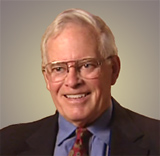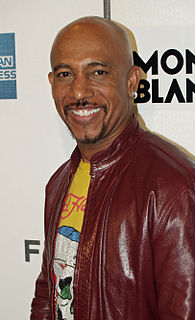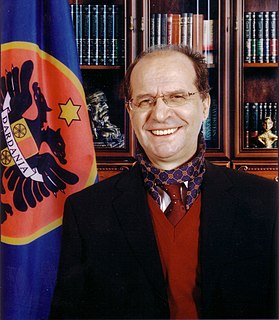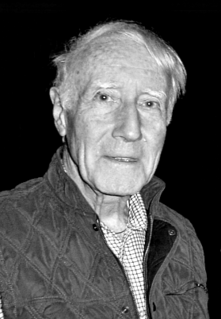A Quote by John Tanton
I’ve come to the point of view that for European-American society and culture to persist requires a European-American majority, and a clear one at that.
Related Quotes
In European thought in general, as contrasted with American, vigor, life and originality have a kind of easy, professional utterance. American -- on the other hand, is expressed in an eager amateurish way. A European gives a sense of scope, of survey, of consideration. An American is strained, sensational. One is artistic gold; the other is bullion.
I see myself as, first and above all, a teacher of history; next, a writer of European history; next, a commentator on European affairs; next, a public intellectual voice within the American left; and only then an occasional, opportunistic participant in the pained American discussion of the Jewish matter.
Almost by definition, secularism cannot be a future: it's a present-tense culture that over time disconnects a society from cross-generational purpose. Which is why there are no examples of sustained atheist civilizations. "Atheistic humanism" became inhumanism in the hands of the Fascists and Communists and, in its less malign form in today's European Union, a kind of dehumamism in which a present-tense culture amuses itself to extinction. Post-Christian European culture is already post-cultural and, with its surging Muslim populations, will soon be post-European.
European society has always been divided into classes in a way that American society never has been. A European writer considers himself to be part of an old and honorable tradition--of intellectual activity, of letters--and his choice of a vocation does not cause him any uneasy wonder as to whether or not it will cost him all his friends. But this tradition does not exist in America.
At the first meeting of the newly constituted Warren Commission, [former CIA Director] Allen Dulles handed out copies of a book to help define the ideological parameters he proposed for the Commission's forthcoming work. American assassinations were different from European ones, he told the Commission. European assassinations were the work of conspiracies, whereas American assassins acted alone.

































